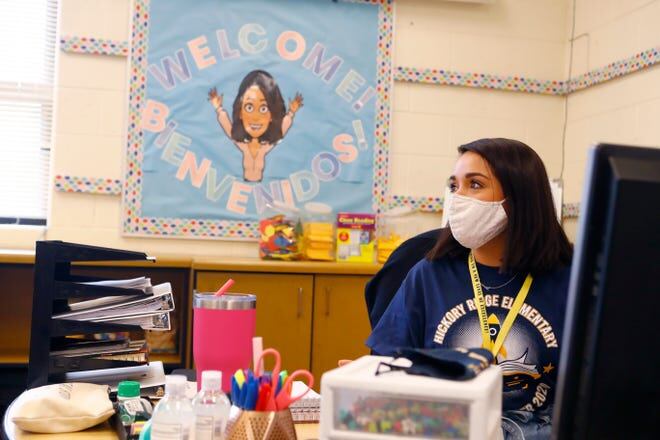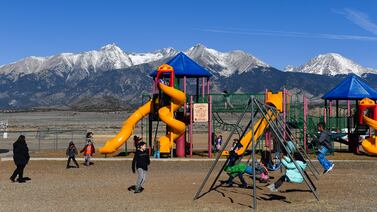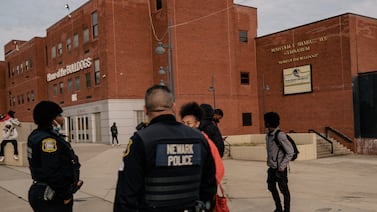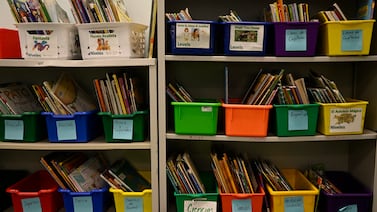Teachers are under so much stress doing their jobs during a pandemic that they shouldn’t also have to worry about being evaluated as required by Tennessee law, several legislators said on Wednesday.
Both Republican and Democratic lawmakers voiced concerns about teacher evaluations and student testing while quizzing state education officials about COVID-19 disruptions to schooling for a second straight academic year.
The brief but impassioned discussion by members of the joint Government Operations Committee offered an early glimpse at hot-button education issues that newly elected lawmakers are expected to take up when the next legislative session begins in January.
“Evaluating kids or teachers – adding that stress – it just seems ludicrous to take time out to do those things,” said Rep. Gloria Johnson, a Knoxville Democrat and retired educator.
For almost a decade, Tennessee has relied heavily on student test scores to determine teacher pay raises and decide when to intervene in low-performing schools. Critics blame the process for an exodus of teachers from the profession.
For now, Gov. Bill Lee’s administration is more open to reassessing the state’s teacher evaluation system than canceling the annual student assessment known as TNReady for a second straight year.
“To go two school years without a sense of student progress and a snapshot of where our students are at would be a real challenge, I think, for our districts and students after we’ve experienced these periods of school closure,” said Charlie Bufalino, the education department’s legislative and policy liaison. “I think there’s an opening and an ongoing conversation around the accountability metrics.”
In Tennessee, only the legislature has authority to scuttle the state’s testing and evaluation mandates. However, the U.S. Department of Education has a say when deciding whether to grant waivers on such programs. In a letter earlier this month to chief state school officers, Secretary of Education Betsy DeVos said states should not count on getting the same blanket waivers on testing that her department granted last spring.
“My interpretation of that letter is that states should not expect a waiver of the assessment requirement,” Bufalino said, “but the federal government is willing to have conservations about waivers on the accountability side.”
Sen. Janice Bowling, a Republican from Tullahoma, questioned the practicality of administering tests this school year during a public health emergency. She noted that schools are pivoting frequently among multiple learning models — online, in class, or a hybrid of the two — while trying to ensure the health and safety of students and staff.
“It’s going to be very disruptive in a very disrupted year to utilize precious time and to try to get an accurate representation of maybe where the student is,” Bowling said.
If tests are administered, Bowling sought assurances that the scores will be used only to assess student progress instead of holding teachers or schools accountable for the results.
Bufalino could not make promises.
“The reason why is that any action to that extent would have to be taken by the General Assembly based on what current state laws are and would require a waiver from the federal government. We are certainly open to having those discussions,” he said.
Because of the unprecedented disruption to American schooling, many state and local education officials across the nation are pushing for canceling federally required testing in 2020-21.
In Tennessee, numerous superintendents, including Joris Ray in Memphis, have written the governor urging the cancelation of TNReady or, at the least, pausing again on accountability measures.
The issues likely will be brought up again next Tuesday when Commissioner Penny Schwinn and a handful of superintendents are scheduled to appear before the House Education Committee.







